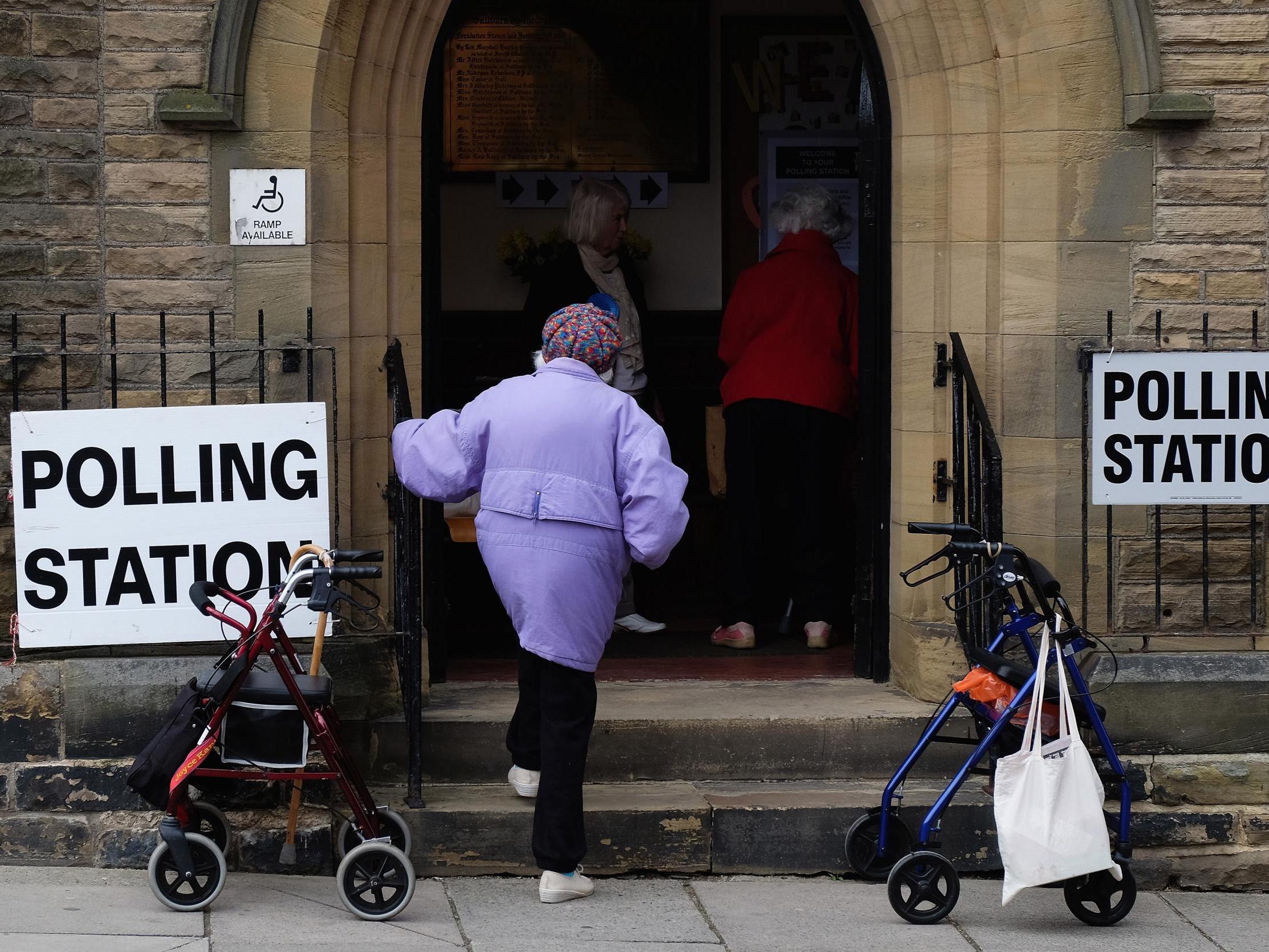The thirst for tactical voting makes the case for changing the electoral system
One voter in three is prepared to cast a vote to try to stop an outcome they dislike. We’re all in favour of people exercising their rights intelligently, but this is no way to run a democracy

The question of tactical voting has been posed more urgently at this election than at any for decades. This is hardly surprising, given the sudden fragmentation of the electorate earlier this year into a four-and-a-half-party system, with the Brexit Party, the Liberal Democrats and the Green Party challenging the temporary dominance of Conservatives and Labour which emerged at the 2017 election.
As we report today, one voter in three is prepared to cast a vote to try to stop an outcome they dislike, although most people would still rather vote positively for a party they support. The BMG poll for The Independent suggests that tactical voting really could decide not just the outcome of the election but whether the UK will finally leave the EU.
Some tactical voting has, in effect, happened already, in that Nigel Farage’s decision to stand down Brexit Party candidates in half of constituencies forces their supporters to cast a vote for one of the other parties – or to stay at home. Mr Farage’s decision has been mirrored on the anti-Brexit side of the debate by a limited Remain alliance pact between the Lib Dems, Plaid Cymru and the Greens – and by the efforts of those campaigning for tactical votes to try to secure a Final Say referendum.
Of course, The Independent is all in favour of people using their vote intelligently in the system in which they find themselves. If you want a Final Say referendum, and if Brexit matters that much to you, there are at least three websites already devoted to providing seat-by-seat advice on how to cast an effective vote.
However, this is no way to run a democracy. It is less than ideal that the question of Brexit should be decided by a general election, in which many other issues will sway people’s votes, which is why we have advocated a new referendum. But it is particularly unsatisfactory to decide Brexit in an election characterised by horse-trading between parties and by tactical voting on both sides.
The Independent has campaigned for many years to abandon our first past the post voting system. We lost that argument in the alternative vote referendum in 2011, but it is striking now that support for change is growing as never before. One of the huge advantages of preferential voting – by which voters rank candidates in order of preference, rather than marking the ballot with a single cross – is that it reduces the need for tactical voting.
No doubt this election will also illustrate other defects of a voting system that may be a good way to organise a horse race, but not to decide the great questions of national destiny. Many people will find themselves in safe seats, knowing that their vote has no chance of making a difference to the result, which will entrench a political class that is sensitive to the ideology of local party members rather than that of local people as a whole.
And many people will feel that the way their votes translate into seats in parliament does not accurately reflect public opinion, especially if, as seems quite possible, one party has a majority in the House of Commons on a minority share of the national vote.
Until such a reform, however, we urge you: register to vote if you haven’t already; and cast that vote, tactically if need be, the best to achieve the outcome for the country that you would like to see.
Join our commenting forum
Join thought-provoking conversations, follow other Independent readers and see their replies
Comments